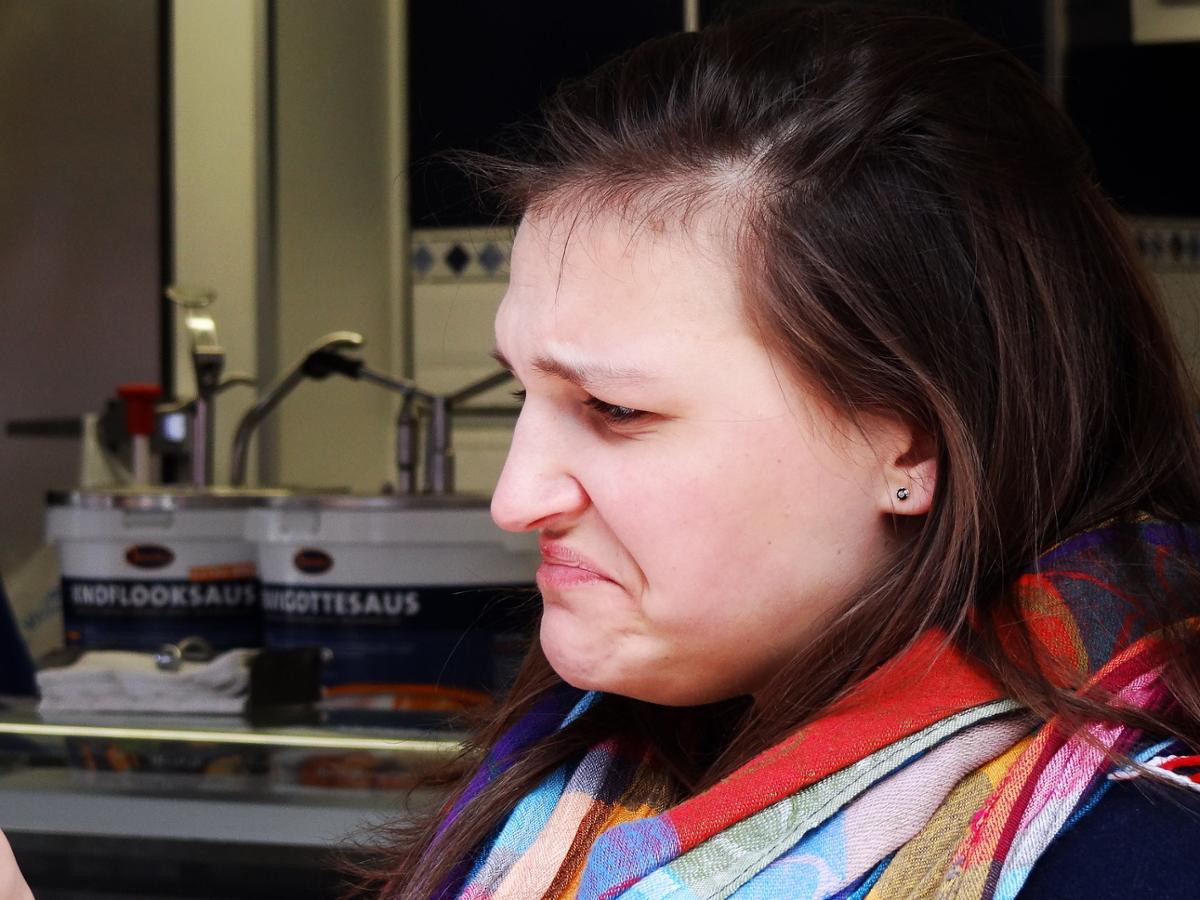Are you easily grossed out? Does the thought of changing diapers make you squirm? Do you gag at the smell of rotting food? If so, today’s Moment of Science might not be for you. But if you want to learn about disgust, we’re exploring its stinky, slimy roots.
Disgust is an innate part of human experience. We even have a universal facial expression for grossness: we scrunch our noses, lower our eyebrows, and frown. And everyone has some way to say, “Yuck!”
Why is finding things icky such a common response? Think of disgust as a safety mechanism. When we recoil at the stench of feces, bodily fluids, or garbage, disgust is ringing the alarm in our brains. “Stay away!” Disgust tells us. “That gross thing is full of disease!” While the stuff we find repugnant isn’t always harmful, the reflex evolved as an effective survival instinct.
Cultural conditioning influences our sense of disgust, too. One country’s popular snack might gross out a different culture, especially if that snack is unusual meat or fermented food.
Sometimes, though, it’s best to ignore disgust’s warning. Open wounds and bodily functions might seem icky at first, but as any nurse could tell you, it’s possible to overcome that reflex. Parents get used to all kinds of disgusting things, including dirty diapers and spit up. In fact, little kids often relish grossness and muck. But for children, a lack of disgust can actually be healthy: exposure to dirt, for instance, could help kids build strong immune systems. And as world travelers know, trying new cuisines can yield tasty results.
Next time you say, “Ew!” remember: That’s the science of disgust at work.










